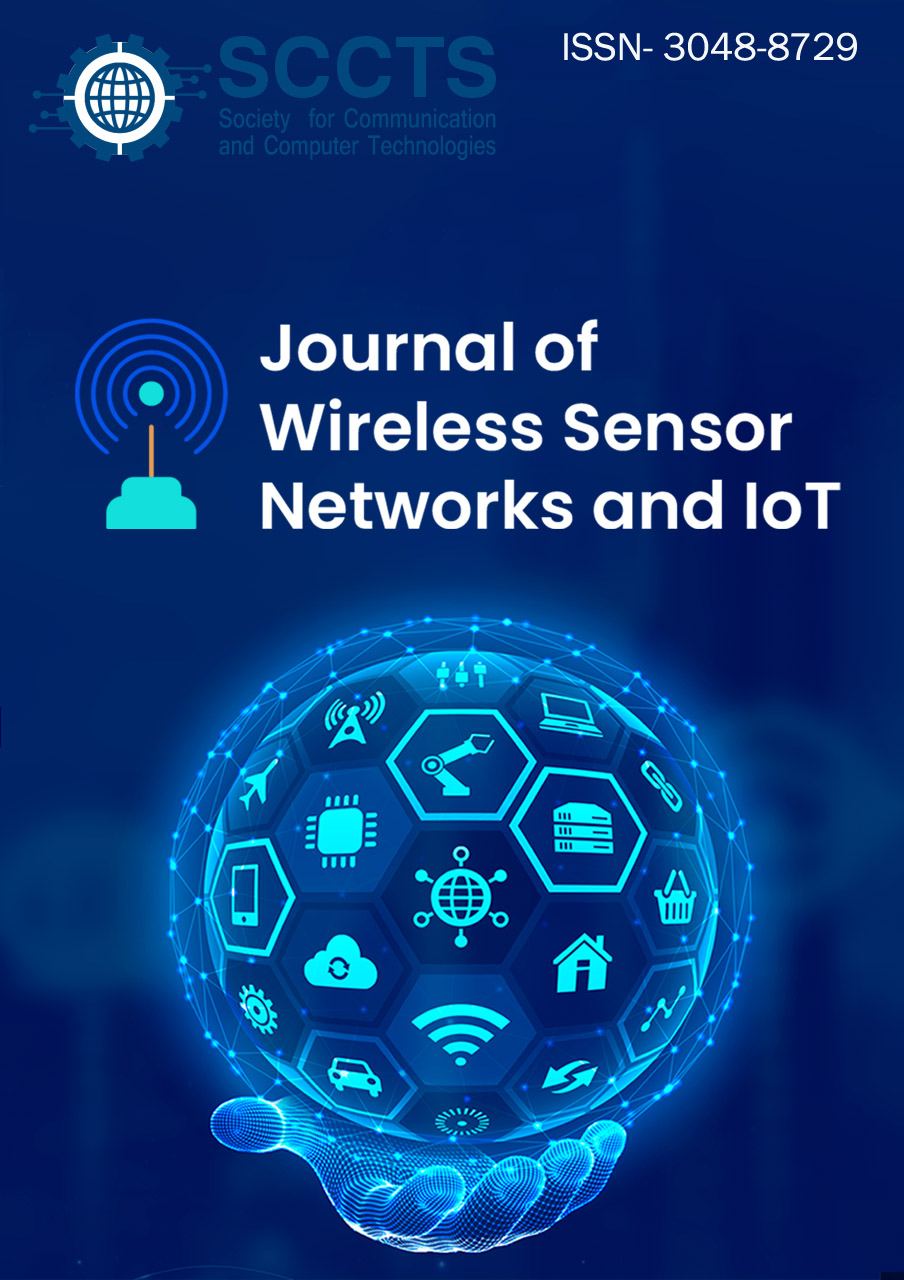Localization Techniques in Wireless Sensor Networks for IoT
DOI:
https://doi.org/10.31838/WSNIOT/02.01.01Keywords:
IoT Data Streams;, Network Traffic Analysis;, Smart Building Systems;, Industrial Automation IoT;, Fog and Edge Computing in IoTAbstract
Today, wireless sensor networks (WSNs) are becoming a cornerstone
technology in the Internet of Things (IoT) ecosystem, which, based on
the principle of sensor nodes, allows the data from the distributed sensor
nodes to be collected and transmitted. Localization of sensor nodes is a
critical challenge in WSN deployment. In this article we provide an in depth
description of various localization techniques for sake of usage in WSNs, its
principles, advantages and their practical applications. Many of these IoT
applications require the ability to locate the exact locations of sensor nodes
precisely such as environmental monitoring and smart agriculture, industrial
automation, and healthcare. On the one hand, accurate localization enhances
the contextual relevance of collected data, and optimizes network routing,
energy efficiency, etc.; on the other hand, it enables location based services.
Research, development, and practitioners in the industry need to understand
and implement effective localization strategies as WSNs start to proliferate
in IoT. In this context, this review intends to give an overview of the wide
volume of localization techniques for WSN in IoT. In this talk, we explore
fundamental concepts behind these methods, compare their performance
under different scenarios, and discuss the challenges and opportunities these
methods offer. Thus, this article studies both matured approaches and cutting
edge innovations in order to assist view on the state of WSN localization and
what its future directions will be in the fast changing IoT environment.






